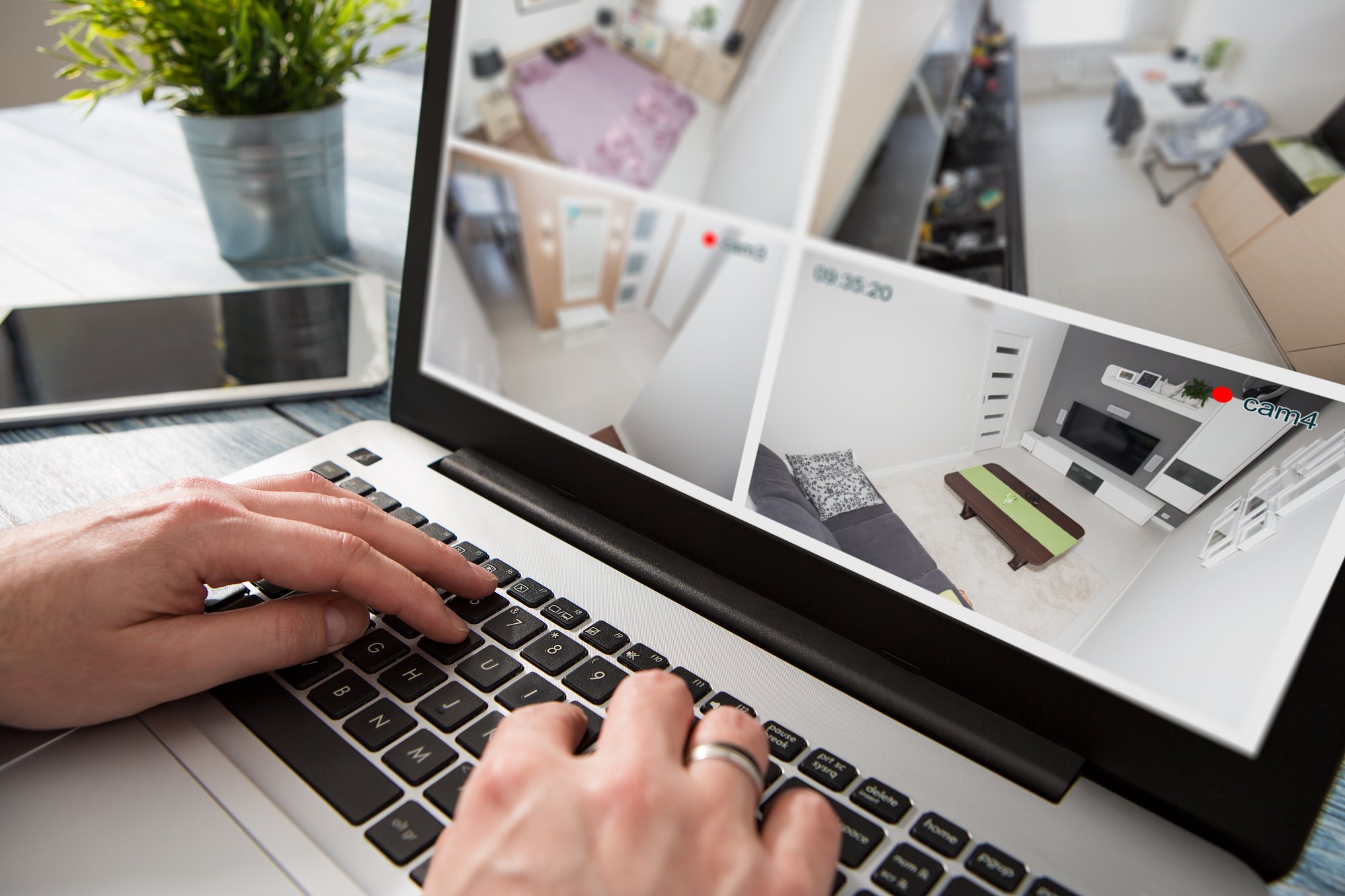Are you thinking about running for office?
Running a successful campaign begins with a solid plan. You must also know how you can stand out from all the other candidates. Many Americans only view candidates through the lens of the media, without ever having met them.
Not only does your campaign need an online presence. But you, as the candidate, should have a presence on the web, as well.
How have political campaigns changed over time? How has the internet revolutionized political campaigns? Here are some important things that you need to know.
Social Media Connects Candidates and Voters
Social media platforms like Facebook, Twitter, and Instagram have become the go-to places for politicians to communicate with us. Imagine it as a direct conversation. They can post their thoughts, share videos, and even chat with people who support them.
It’s like having a chat with a friend but on a much larger scale. This helps politicians share their ideas and plans with a lot of people quickly.
People Power With Small Donations
The internet has given regular folks the power to support their favorite candidates financially. Instead of relying on a few super-rich donors, politicians can now collect lots of small donations online.
It’s like everyone chipping in a little bit to help their team win. This shift in online fundraising has made campaigns less dependent on big money and more reliant on everyday people who believe in a cause.
Smart Campaigning With Data
The internet has ushered in a new era of data analytics and targeting in political campaigns. Campaigns can collect vast amounts of data on voters’ preferences, behaviors, and demographics. This data is then used to craft highly targeted and personalized election campaign messages.
Digital advertising allows campaigns to reach specific voter segments with tailored content. This increases the likelihood of persuasion and mobilization.
Moreover, data analytics can help campaigns identify swing voters. This can allocate resources more strategically.
By analyzing voter data, campaigns can focus their efforts on key battleground states and districts. This maximizes their chances of electoral success.
Virtual Debates and Forums
The internet has also changed the way political debates and forums are conducted. Televised debates remain influential. But, online platforms have expanded the reach and accessibility of political discussions.
Candidates can now take part in virtual debates and forums. This allows them to engage with voters across the country without the need for physical gatherings.
Online debates are often more interactive, with candidates responding in real-time. You can ask questions, hear their answers, and feel like you’re part of the conversation, all from the comfort of your home.
This format enables voters to feel more connected to the candidates. It also encourages active engagement in the political process.
Rapid Response and Fact-Checking
Ever wondered if a politician is telling the truth? The internet helps with that. Fact-checking has become a prominent feature of political discourse online. Fact-checkers make sure politicians are honest.
Organizations and websites dedicated to fact-checking hold politicians accountable for their statements. And when someone spreads false information, campaigns can quickly correct it online.
It’s like having referees in a game to make sure everyone plays by the rules. This way, you can trust that what you’re hearing is accurate.
This helps voters make more informed decisions. Social media platforms have also implemented fact-checking labels and warnings to combat misinformation.
Online Voter Registration and Engagement
The internet has made it super easy to get involved in politics. It is now easier to register to vote and take part in the electoral process. Many states now offer online voter registration, allowing eligible citizens to sign up from the comfort of their homes.
You can also learn about the candidates and their positions and even get reminders about when and where to vote. This makes it more convenient for people to engage in democracy.
Candidates can also use online platforms to encourage voter registration and turnout. There are also voter engagement initiatives, such as digital ad campaigns and social media posts. These can mobilize eligible voters and increase overall participation in elections.
Virtual Campaign Events
The internet made it possible for politicians to hold rallies, meetings, and fundraisers online. It’s like watching your favorite team play a game on TV instead of going to the stadium.
This way, they can reach lots of people without leaving their homes. It’s convenient and safe, and it’s something politicians will likely keep doing in the future.
Transparency and Accountability
The internet makes it easy for us to find out what politicians stand for and where they get their election campaign money. It’s like having access to a big book of information about them.
This transparency helps keep politicians accountable to the public. When you can see what they’re up to, you can make informed decisions about who you want to support. A campaign planning expert would stress the importance of transparency in building trust with voters.
Global Reach
The internet doesn’t just change local politics; it connects people around the world. Politicians and activists can now engage with a global audience to advocate for their causes.
Online platforms have connected politicians with supporters and like-minded individuals from around the world. This means that what happens in one country can have an impact on people all over the planet.
Challenges and Concerns
But, of course, there are some problems too. False information and hurtful words can spread easily online. It’s like rumors in a schoolyard but on a much bigger scale.
Also, sometimes, our privacy online is at risk. This means our personal information could be used for political purposes without our permission. We need to be careful about these issues as we use the internet for politics.
Find Out More: How Has the Internet Revolutionized Political Campaigns
You now know the answer to “How has the internet revolutionized political campaigns?” From how candidates reach and engage with voters to the impact of social media on public opinion. Its power to connect and mobilize people has transformed the landscape of politics.
Take advantage of the digital age and use your voice to make a difference. Let’s make every click count towards creating a better future for all. It’s time to get involved and be an active participant in the political process.
If you enjoyed this article please take the time to check out some of the other great content on our site.










